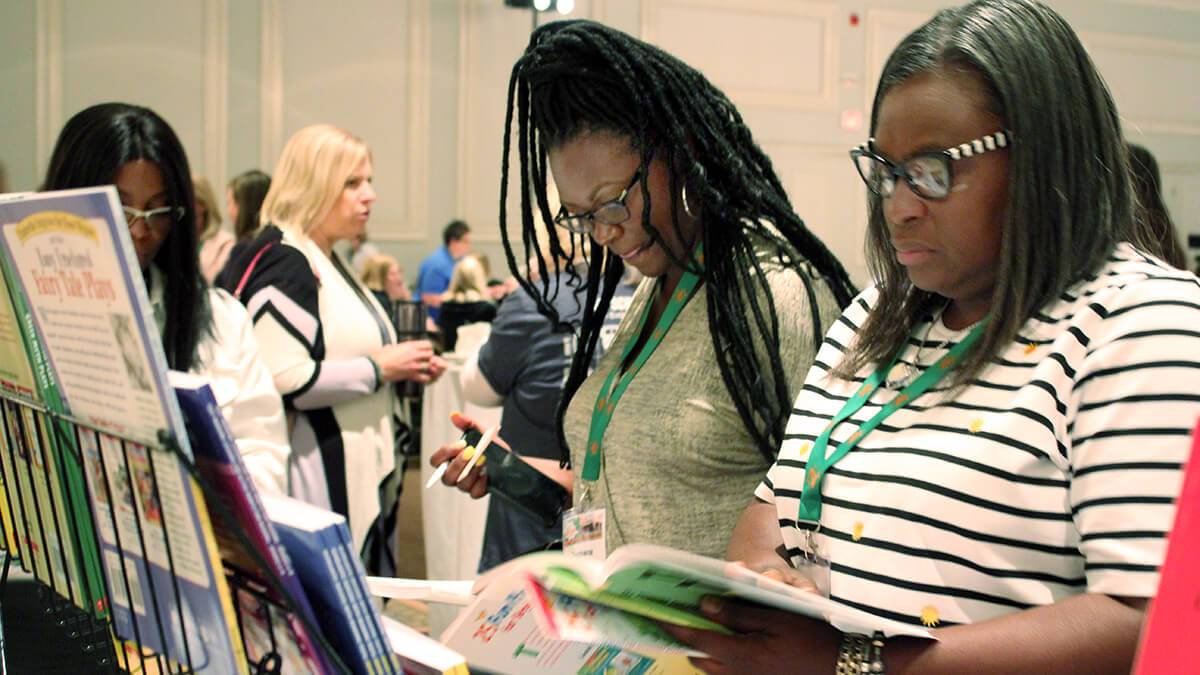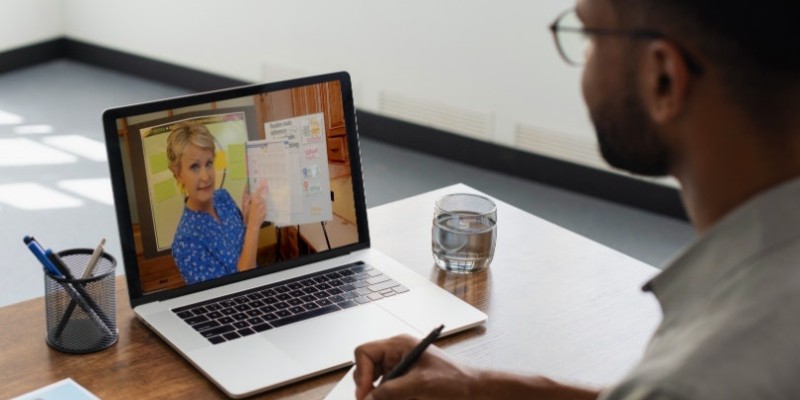33 Questions to ask before hiring a teacher professional development consultant
by Michelle Schweikhardt

Expectations of professional development consultants
High-quality professional development consultants blend their deep knowledge with tailored strategies to empower individuals and teams, leading to improved instruction and achievement gains.
Knowing what to look for in such PD consultants sets the stage for focused and valuable interactions during interviews.
Here’s what to expect:
Expertise:
Deep understanding of the field: Expert consultants draw from extensive knowledge and experience in a specific area of need within education. Their expertise may not extend to every area of education, but they are transparent about their limitations, declining requests that fall outside their area of expertise.
Proven track record: Consultants with years of experience and a history of successful engagements are well-positioned to deliver impactful professional development that resonates with teachers. They should be able to provide testimonials from educators that reflect valuable insights into their effectiveness and ability to meet your specific needs.
Up-to-date knowledge: Education remains marked by perpetual change and advancement. PD consultants who stay current with the latest research, trends, and best practices are more likely to deliver relevant and impactful solutions.
Personalized approach:
Needs-focused: High-quality professional development consultants tailor their approach to focus on your specific needs and goals, taking steps to understand your unique situation.
Collaborative: A good PD consultant does more than talk to teachers, she works side by side with them. This means everyone is heard, ideas flow freely, and teachers feel invested and respected in the learning.
Engaging and interactive: Effective professional learning is not a passive lecture. Quality professional development consultants offer engaging and interactive methods that keep teachers wanting more.
Data-driven: Skilled PD consultants use data and evidence to inform their recommendations. Their data-driven decision-making informs PD initiatives and drives improvement over time.
Sustainable: By providing practical strategies and resources, professional development consultants equip teachers with the tools and confidence they need to effectively implement skills over time. Their offerings should support teachers’ ongoing integration of new skills into the curriculum.
Personality:
Articulate: Clearly communicating complex ideas, building rapport, and fostering a safe, supportive learning environment are hallmarks of high-quality PD consultants.
Flexible: Due to the dynamic nature of education and the evolving needs of learners, it is hard for a consultant to plan for everything. Skilled professional development consultants can readily adapt mid-training or as initiatives evolve.
Passionate and enthusiastic: A professional development consultant’s passion for education and commitment to your school’s success should be evident in all discussions, delivery, and engagement.
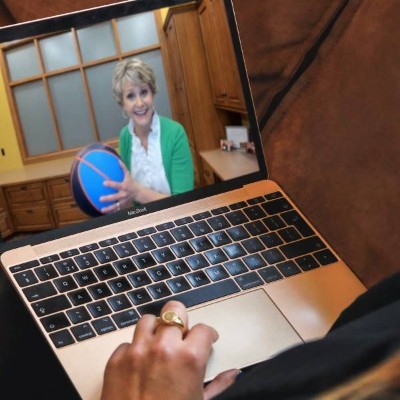
FREE ON-DEMAND WEBINAR
Advance Beyond Doing Reading to Teaching Reading
Learn what explicit, whole-class comprehension instruction looks like and how to effectively scaffold mini-lessons within the rest of the reading block to honor the gradual release of responsibility.
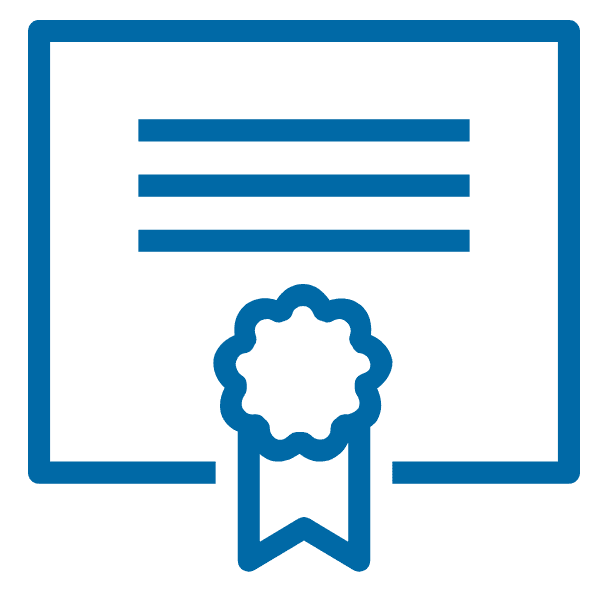
Earn a completion certificate
60-minute webinar
Starting the conversation
Knowing what to expect from professional development consultants is valuable, but asking the right questions can fast-track your search for the perfect fit. School leaders should initiate their search by exploring these essential questions.
Logistics
Deciding when and where teachers will receive professional development requires detailed logistical planning.
Availability:
Check consultant availability for your preferred time frame and confirm if virtual or in-person sessions are offered to fit your teachers’ schedules. Ask:
1. What is your current availability for working with our school/district?
2. Can you accommodate a specific time frame/zone (e.g., summer break, evenings, ongoing monthly sessions)?
3. Are you willing to travel to our location or offer virtual sessions?
4. What tools and platforms do you use for virtual delivery?
Pricing:
Discuss pricing up front to compare costs and ensure the fees align with your budget, including travel and resource expenses. Ask:
5. What are your rates for professional development services?
6. What do the fees include?
7. Do you offer only full-day commitments, or do you also offer partial-day options?
8. How do you handle travel and accommodation expenses?
9. What is your cancellation policy?
Customization and Materials
When selecting a teacher professional development consultant, it’s important to choose a consultant who is able to offer customized support that addresses emerging needs.
Program Tailoring:
Plan to learn more than surface-level descriptions of what the consultant offers. Use initial conversations to learn about how the consultant can customize the training and how that aligns with your goals. Ask:
10. To what extent can you customize professional development?
11. How do you assess teacher needs and tailor professional development accordingly?
12. Can you provide customization examples?
Materials and Resources:
Seek a consultant who customizes and crafts practical and ready-to-use materials to ensure teachers have exactly what they need to put their learning into practice. Ask:
13. What materials are included with the professional development (e.g., handouts, lesson tools, resources, online platforms)?
14. Are materials culturally relevant and adaptable for different learning styles?
15. Do you offer ongoing access to resources and materials?
16. Can the PD be recorded?
2024 SUMMER CONFERENCE

Gain tools & techniques you need to
teach reading comprehension
VIRTUAL EVENT
June 11-12, 2024
FRENCH LICK RESORT
June 18-19, 2024
Alignment and Measurement
Seeing how a teacher professional development consultant connects curriculum standards to engaging, results-driven professional development lays the groundwork for sustainable improvement.
Curriculum and Standards:
Uncover the consultant’s expertise in aligning content with the school’s existing curriculum and state standards. When teachers see the clear link between curriculum standards and the PD they receive, they gain a deeper understanding of the “why” behind the new strategies. Ask:
17. How does your professional development content align with our curriculum and frameworks?
18. Can you cite how the professional development addresses state/national standards?
19. How do you help teachers connect PD to daily practice and student learning?
Evaluation and Impact:
Explore the methods a consultant uses for measuring the program’s impact on student learning. Look for evidence of concrete improvements in student outcomes that can inform future PD initiatives. Ask:
20. How do you measure the impact of PD programs on teacher practice and student learning?
Engagement and Effectiveness
When professional development energizes and motivates teachers to apply their learning, classrooms thrive. This transformative power comes from partnering with professional development consultants who can captivate audiences, connect with teachers’ experiences, and translate theory into impactful, best-practice classroom methods.
Interactive Learning:
Pursue PD consultants who make learning fun and engaging so teachers are excited to participate and put new skills into practice. Look for specific methods they use to make learning interactive and promote collaboration. Ask:
21. What strategies do you use to keep teachers engaged and actively participating in the PD?
22. How do you encourage collaboration among teachers?
Group Dynamics:
Gauge their expertise in facilitating diverse groups and ensuring all voices are heard and valued. Ask:
23. What is your ideal workshop size?
24. Can you adjust your delivery for different group sizes?
25. How do you ensure individual attention in larger groups?
26. What grade levels can you target?
Implementation and Support
Look for teacher professional development consultants adept at bridging the gap between learning and application. Seek their vision for ongoing support, exploring how they nurture implementation through coaching, feedback, and troubleshooting.
Communication and Collaboration:
Find out their communication channels and preferred methods for collaboration to ensure a clear and consistent information flow between consultants, school leadership, and educators. Ask:
27. How do you communicate with teachers and school leaders? Before the training? During the training? After the training?
28. What type of communication happens before and after professional development?
Ongoing Support:
Gauge their openness to collaborating closely with your current support teams, including instructional coaches, technology specialists, and school leadership. Ideal PD consultants blend implementation expertise with ongoing support and open communication. Ask:
29. Do you offer support during the implementation of new strategies?
30. What strategies do you recommend to ensure participants actively connect their workshop experiences to classroom applications?
31. What resources and coaching do you provide for implementation challenges?
32. What kind of follow-up sessions or consultations do you offer?
33. What kind of ongoing support and resources for long-term success are available?
By mapping out a clear path with defined goals and ongoing support through a consultant, you create a learning culture where new skills stick.
Maximize your return
Neglecting to ask these pivotal questions can lead you down a costly and frustrating path.
Without clear communication, aligning your vision with the consultant’s expertise becomes a gamble. You might end up with a program that misses the mark, addressing generic issues instead of teachers’ specific needs. Worse, if you ask a consultant to cover an unfamiliar topic, an uninformed delivery could mislead teachers.
This lack of alignment and understanding, coupled with a consultant who fails to connect with your staff, leads to a demoralizing experience for everyone involved. Hiring someone who offers irrelevant training (or disappears after delivery) erodes trust and makes future teacher professional development initiatives an uphill battle.
These pitfalls underscore the importance of asking questions and crafting a well-defined plan.
A strategic teacher professional development plan, built-in collaboration with the right consultant, provides clarity, focus, and ultimately, a maximized return on your investment. It becomes the key that unlocks sustained growth, not just a temporary spurt.
By mapping out a clear path with defined goals and ongoing support through a consultant, you create a learning culture where new skills stick. This leads to continuous improvement and PD that teachers enjoy!
Want to learn more about getting started with a Smekens professional development consultant?
Professional Development Services
TEACHER TRAINING
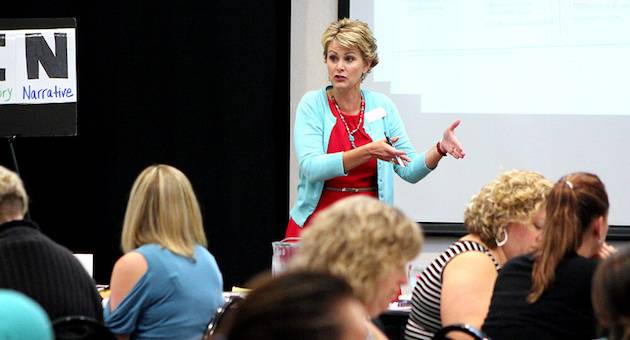
CUSTOMIZED CONSULTING
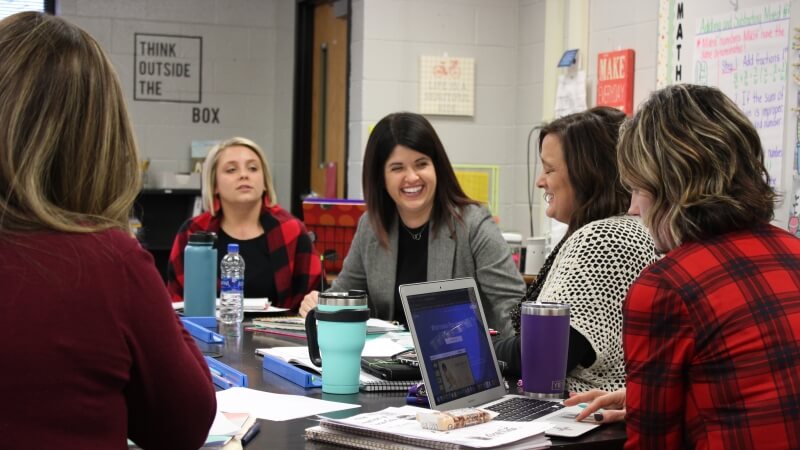
BOOKS & RESOURCES
